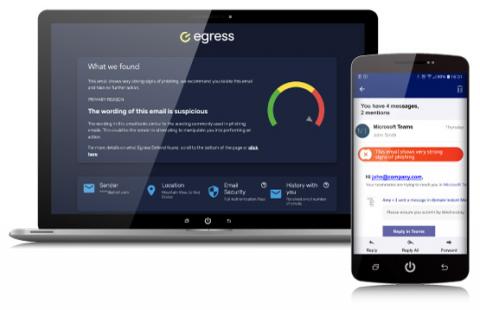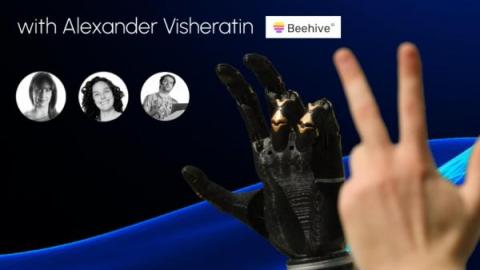Security | Threat Detection | Cyberattacks | DevSecOps | Compliance
Latest News
EP 22 - Deep Fakes, ChatGPT and Disinformation: Theresa Payton on Evolving Digital Threats (Part 2)
Today’s episode is part two of our conversation with former White House CIO, bestselling author and founder and CEO of Fortalice Solutions, Theresa Payton. If you missed part one, you can start here and go back to that episode. Or, you can start there and come back to this one – but you’re already here, so maybe just stick around?
CTI Roundup: Threat Actors Exploiting ChatGPT
Hackers use fake ChatGPT apps to push Windows and Android malware, attackers flood NPM repository with over 15,000 spam packages containing phishing links, and New Stealc malware emerges with a wide set of stealing capabilities.
Eight Things to Consider if You're Considering ChatGPT
Since ChatGPT was released by OpenAI last year, large language models like it have gone viral. Cheerleaders extol these AI models as the future of work, maybe the best thing to happen since the invention of the internet, or as the invention that changes everything. Detractors point to their gaffs, failures, and “hallucinations.” Both Google and Microsoft have been embarrassed in the last several days by the outputs of their respective chatbots.
Detecting AI-generated phishing emails with Egress Defend
With the launch of ChatGPT, concerns have been growing around the use of AI in phishing. The concerns are founded: AI can write phishing emails. It’s not the only tool in a hacker’s toolkit either - cybercriminals can use many different technologies to build a phishing campaign and send phishing emails. Many, like chatbots, are widely available for consumer and business use.
ChatGPT as your Falco Consultant
Can OpenAI ChatGPT become a contributor for an open source project like Falco? Is this the end of GitHub Copilot? ChatGPT is SO trendy that I overheard my grandma talking about it to her friends the other day. We’re seeing more and more uses of this AI for real world applications. That made us think… Falco, the first runtime security project to join CNCF as an incubation-level project, needs contributors.
Fake ChatGPT apps spread Windows and Android malware
OpenAI's ChatGPT chatbot has been a phenomenon, taking the internet by storm. Whether it is composing poetry, writing essays for college students, or finding bugs in computer code, it has impressed millions of people and proven itself to be the most accessible form of artificial intelligence ever seen.
Unlocking the power of AI and Natural Learning
In Calligo’s latest Beyond Data podcast, co-hosts Sophie Chase Borthwick and Tessa Jones are joined by Alexander Visheratin, Artificial Intelligence Engineer at Beehive AI. Here we explore some of the episode’s highlights; the importance of Natural Learning Processing (NLP) and the pros and cons of output produced by examples like OpenAI’s ChatGPT-3.
Network Map NMAP Meets ChatGPT
We’ve now seen a number of different use cases for ChatGPT from marketing, sales, software development and others including from the security field. This platform continues to dominate most of the headlines and impress based on how it’s able to handle questions and topics from various backgrounds.











